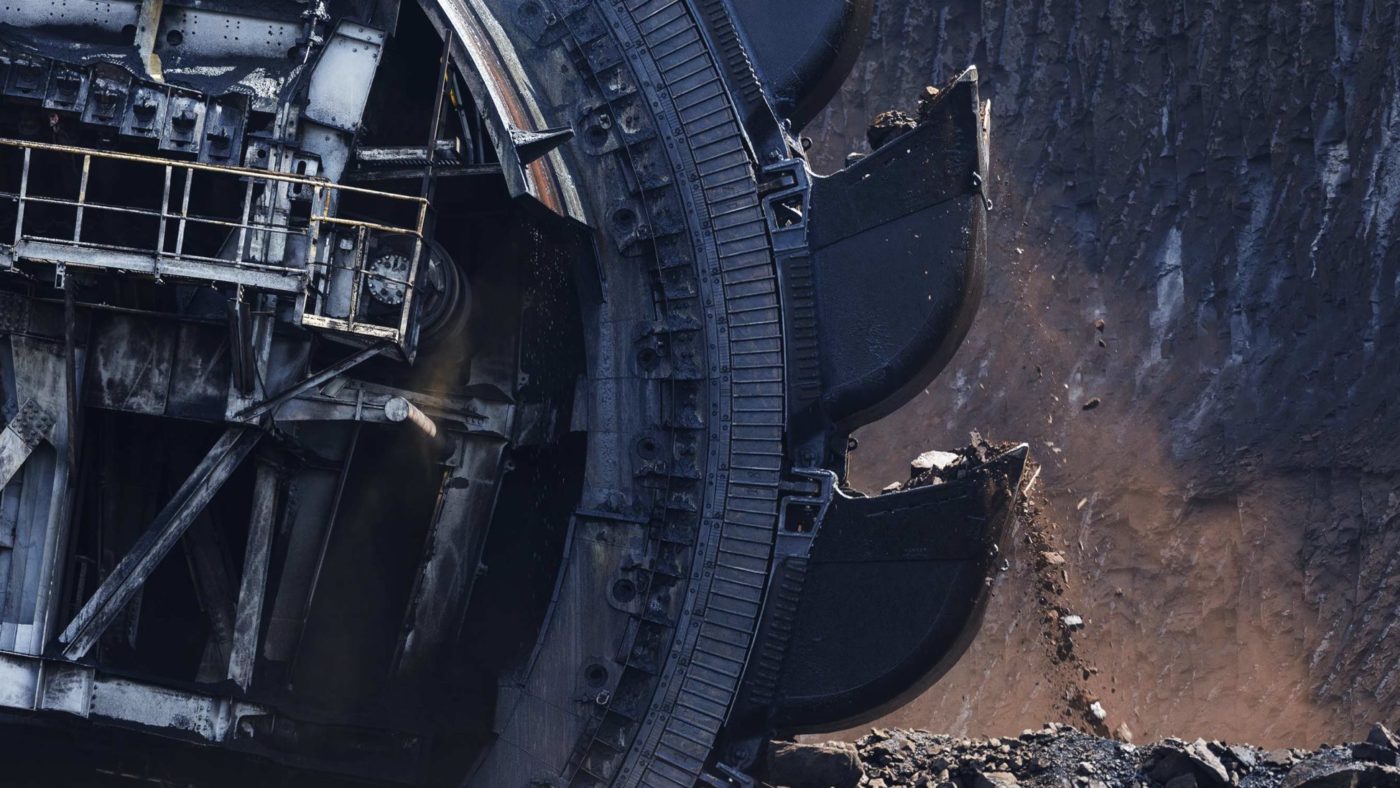The latest issue for teenage climate activist Greta Thunberg is the felling of ancient woodland in Germany’s Hambach Forest. It’s a salutary tale about the foolishness of the trillion euro Energiewende – a policy of phasing out nuclear power and bringing in more renewables which has actually increased carbon emissions.
It’s yet another example of why almost every economist has been calling for a tax on carbon, rather than centrally planned attempts to fight climate change, often based on little more than than fashionable nostrums.
The reason the Hambach forest is being cut down and ploughed up is to gain access to the lignite underneath it. Also known as brown coal, this is the most CO2-emitting of all fossil fuels. The ludicrous outcome of Germany’s dash for climate friendly power supplies is that it’s now using more of the very fuels it ought to be avoiding like the plague. In fact, emissions have actually risen in recent years even as a trillion euros has been spent trying to reduce them.
This all goes back to the disaster at the nuclear plant at Fukushima in 2011. Now, environmentalists like George Monbiot noted that this was simply the worst that could possibly happen to a modern nuclear power plant. However, Monbiot sensibly concluded that as nobody had actually died as a result of the radiation, it showed that modern nuclear power was really rather safe, not to mention an acceptable part of the solution to climate change.
Angela Merkel, driven by pressure from German Greens, made completely the opposite decision – that a nuclear plant being all but eviscerated with only limited harm to human life was ample justification to stop using the technology full-stop. Somewhat unfortunately, this coincided with the German government deciding to test the limits of subsidising inefficient wind and solar power sources.
The result of taking nuclear offline while renewables still aren’t up to the job has meant using more lignite, which means chopping down more forest – not exactly the climate-friendly energy solution Merkel had been after.
All of which is why most serious people have been arguing for a carbon tax. Among the many economist calling for it are Bill Nordhaus – who shared a Nobel for his work on carbon pricing, and Nicholas Stern, author of the Stern Review on climate change.
Clearly, trying to pick and choose technologies Is not the answer. Those choices are often going to be decided not by evidence, but by politics. Far better to institute a policy that will focus minds on the main point needing attention by changing prices to include the cost of carbon emissions.
Now, nuclear plants are very expensive and building new ones isn’t necessarily the answer, but nor is closing down perfectly viable plants in the way the Germans have been doing. Nor, clearly, is cutting down trees to make space for open-cast coal mining any kind of solution. The great thing about a carbon tax, of course, is highly polluting fuels like brown coal will become economically unviable.
Once again this demonstrates Hayek’s point about market prices being a much better way to run an economy than centrally planned initiatives. And it shows too that despite the naked anti-capitalism of many modern environmentalists, market mechanisms have a crucial role to play in a greener future.
CapX depends on the generosity of its readers. If you value what we do, please consider making a donation.


